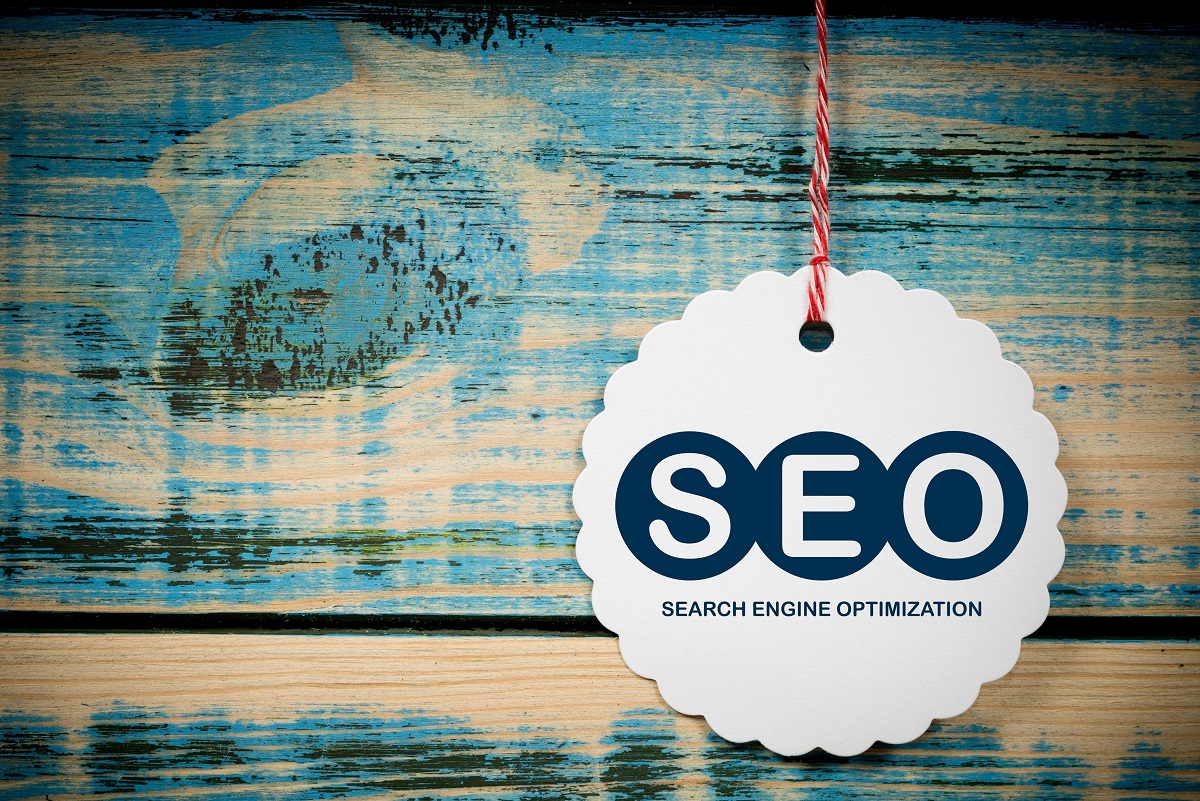Boca Raton SEO Strategies for Local Businesses
Key Takeaways Foundational Strategy 1. Google Profile 2. Local Keywords 3. On-Page Signals 4. Citation Building 5. Review Management Hyperlocal Content Community Focus Seasonal Relevance Visual Storytelling Mobile Optimization Reputation Management Social Integration Performance Metrics Conclusion Frequently Asked Questions What makes SEO important for businesses in Boca Raton? How does hyperlocal content benefit my Boca Raton business? Why is mobile optimization critical for Boca Raton customers? What is reputation management, and why does it matter in Boca Raton? How can social media integration improve my online marketing in Boca Raton? What performance metrics should I track for SEO in Boca Raton? How quickly can I see results from digital marketing in Boca Raton? Key Takeaways By infusing localized keywords and enhancing on-page factors like title tags and meta descriptions, it can help increase search visibility for businesses aiming at Boca Raton clients. Claim and update your Google Business Profile with current information and compelling images to maximize local search visibility. By establishing citations on good local directories with consistent NAP, you’re giving yourself more online authority and trustworthiness. Crafting hyperlocal content showcasing Boca events and stories and collaborating with local influencers builds brand relevance. Make sure your Boca Raton SEO optimized website is mobile-friendly and loads fast. More people are on mobile and you need to be fast. By watching reviews, responding quickly, and having a great social media presence, it’s easy to manage your reputation and make meaningful connections with your local community! SEO digital online marketing Boca Raton means fine-tuned web tools, local keyword focus and smart ads that make South Florida businesses pop. Companies utilize transparent site architecture and powerful back links to increase their reach in a saturated market. Local teams know how to blend search trends, mobile usage and personalized content. This post reveals what works best for Boca Raton and shares steps to grow your biz online. Foundational Strategy It lays the foundation for Boca Raton digital marketing. More than just establishing a website and social profiles, it involves adjusting every aspect of your online presence to demonstrate to search engines that your business is energized and local. Great local content and a simple mobile friendly website count. With nearly all consumers investigating local businesses online, being visible in search, particularly on mobile, is mandatory. Structured data, such as business hours and contact information, enables search engines to associate your business with users’ queries. The strategy does not end at launch. It requires attention and continuous improvements to continue establishing confidence and trustworthiness. Conduct research and implement Boca Raton keywords across web content. Optimize title tags and meta descriptions for each page to reflect local intent. Set up and maintain accurate local business listings. Use structured data for address, hours, and services. Encourage and manage customer reviews on Google and Yelp. Create content that answers common local questions. Ensure a seamless mobile experience for all site visitors. 1. Google Profile Claim and verify your Google Business Profile is step one to local search traction. It signals to Google your business is legitimate and open in Boca Raton. Make sure all the details, including address, phone, and hours, are up to date. Include new images of your location, team, or services to stand out to customers scrolling search results. 2. Local Keywords Begin with Boca Raton keyword research. Search for terms such as “Boca Raton digital marketing” or “SEO services Boca Raton.” Leverage tools to verify what locals are searching for. These targeted keywords belong in your page titles, headings, and body copy. This means your site shows when a Boca resident searches for digital marketing assistance. To get to the right people, have alternatives based on neighborhoods or local landmarks. This ties your offerings to the precise locations buyers are interested in. 3. On-Page Signals Group web pages behind evident local-aware headings. Apply consistent formatting, headings, and sub-headings. Internal links assist readers in hopping from page to page, keeping them on your site and directing them to important content. Add meta descriptions and title tags to every page. These increase your exposure for Boca Raton searches. 4. Citation Building Get your business into trusted local directories like the Boca Raton Chamber of Commerce, Yelp, Yellow Pages, etc. This increases your site’s authority and can bring more local traffic. Make sure your business name, address, and phone are the same everywhere. Even a minor typo can damage your authority and standings. 5. Review Management Have happy customers write reviews on Google and Yelp. Reviews distinguish your business and build trust with others. Reply to every review promptly, positive or negative, to demonstrate that you value your community and their input. Hyperlocal Content Hyperlocal content addresses individuals in a specific location, such as Boca Raton, and provides news, events, and narratives relevant to residents. For anyone in SEO digital online marketing Boca Raton, that means tailoring your content to reflect the city’s vibe, lifestyle, and interests. The idea is to create content that’s authentic and hyperlocal, so folks believe in and recall your brand. That means understanding the community, the lifestyle, and what’s important to those around you. Local keywords such as “best breakfast Boca Raton” or “Boca Raton family events” help you appear where locals are looking. Leveraging hyperlocal content like this enables businesses to demonstrate they’re more than just another name on the web; they’re part of Boca’s story. Community Focus Sharing stories about Boca Raton people and businesses makes your content feel intimate and genuine. For instance, highlight a family owned bagel shop on Federal Highway or discuss a local yoga studio’s founder. These stories create connections, as they demonstrate that you are aware of and interested in people in your community. Local business spotlights or reviews not only help your site rank higher for “near me” searches, but connect you with real people. Partnering with Boca Raton influencers such as food bloggers, real estate agents, or fitness trainers gets the buzz out about your brand. Their followers believe their advice, so










